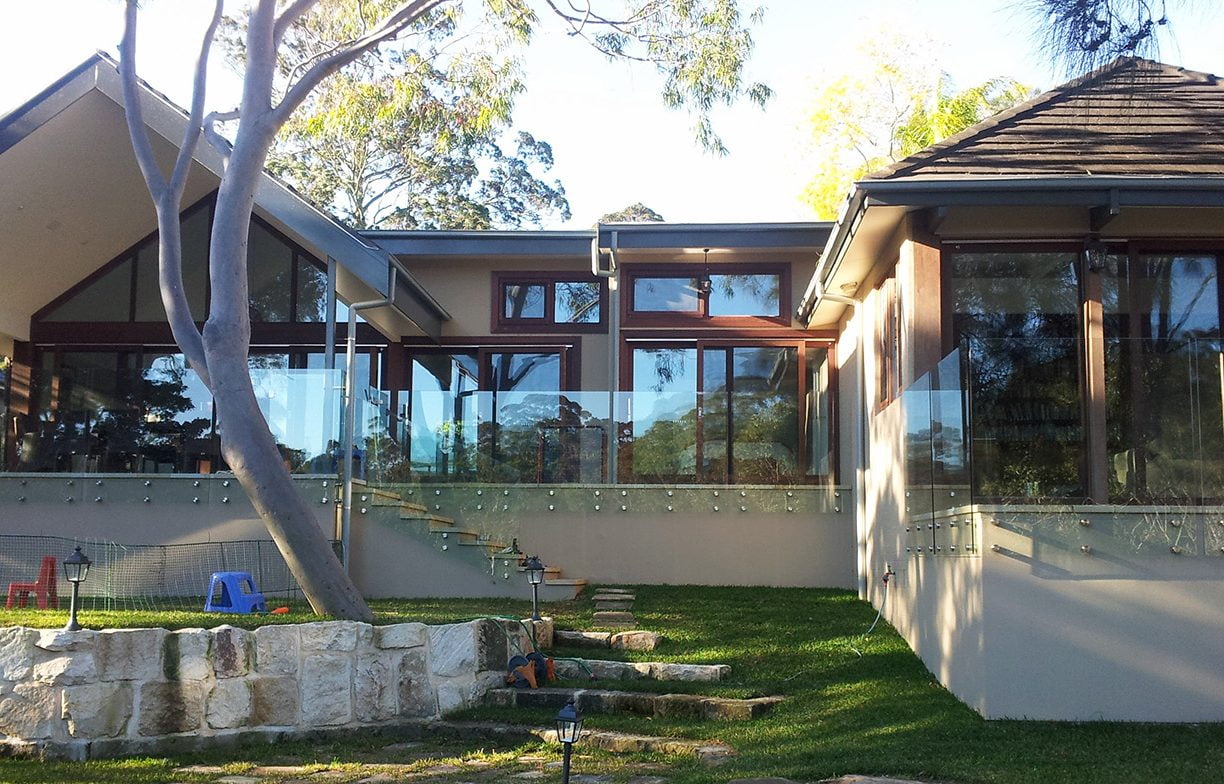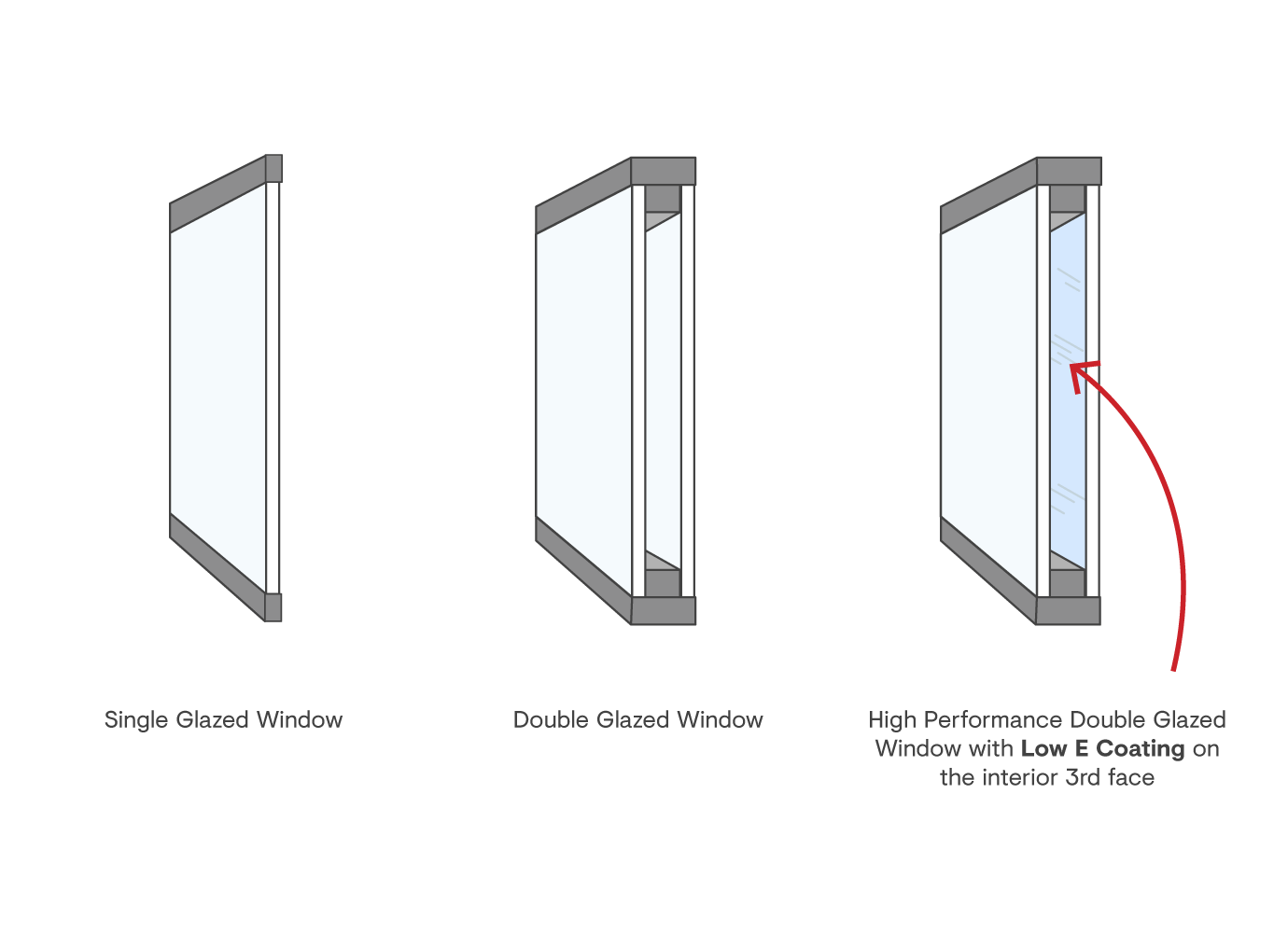All Categories
Featured
Table of Contents
4 Benefits Of Double Glazed Windows In The Summer in Queens Park Western Australia
Laminated glass is often used in locations in the house most prone to injury from human effect such as bathrooms, doors, around staircases and in locations near to the flooring (it fulfills the requirements of 'shatterproof glass' that is mandated for use in these locations by Australian Basic AS 1288 Glass in structures).
Toughened glass has been 'tempered' by being reheated and quickly cooled again. This procedure makes it much stronger than standard glass it can resist greater effect loads prior to breaking. It likewise makes it much safer since, when it does shatter, it gets into many little cubic pieces rather than harmful fragments.
Insulated Glass Unit – Igu in Western Australia
Toughened glass has no thermal or acoustic advantages over other glass of the very same toning or density. Secondary glazing is where single-glazed windows are retrofitted with a transparent acrylic or glass sheet connected to the within of the frame or openable sash with a secondary frame or with magnetic strips.


Secondary glazing will not carry out too thermally as a made IGU, given that it is difficult to completely seal the boundary, however it can provide excellent sound control. Window movies are a thin polymer movie consisting of a taking in dye or reflective metal layer, with an adhesive support. They stick to your glazing to change its colour or make it reflective.
Best Way To Block Sun Heat From Windows [Professionally] in Butler Perth
Applied to existing glass, some window films can cut in half the general SHGC of the window by soaking up and/or reflecting solar radiation. This can be especially helpful in hotter climates where cooling is the primary concern, or on east and west elevations straight exposed to long durations of sunshine. Nevertheless, window movies may also decrease noticeable light transmittance.

For this reason, it is typically best to use an accredited installer of window film. Frames have a significant effect on the thermal performance of windows and doors, due to the fact that energy can be gotten and lost through the frame, along with through the glass. Various types of frame will enable various levels of heat gain and loss, so cautious choice of frame is very important for effective passive design.
Double Glazing Perth in Samson Perth
Aluminium is also a really good conductor of heat and will reduce the insulating worth of a glazing unit, unless specifically engineered to lower this. A 'thermally broken' frame is made up of 2 aluminium areas linked by a structural insulator (generally a low-conductivity structural polymer). This 'breaks' the thermal connection through the aluminium and lowers the heat flowing through the frame.
They can be costly, but prices are reducing as they end up being more typical. Timber frames are a great natural insulator that can match some house styles. Lumber frames should be made from types that have naturally high toughness or be treated to prevent decay and contortion. Examine that the timber is sourced from a sustainably managed forest.
What Are Double Glazed Windows? in Kinross WA
(weather condition stripping) is set up.
u, PVC doors and windows have outstanding thermal performance Picture: Ben Wrigley (Light Home Architecture and Science) Composite frames utilize aluminium profiles on the outer sections with either a wood or u, PVC inner area. These integrate the low maintenance and toughness of aluminium with much improved thermal efficiency.
Table of Contents
Latest Posts
Double Glazing Vs. Triple Glazing: Which Is Worth It? in Koondoola WA
Fitting A Cabin In Your Garden? Get Double Glazing Fitted Too in Churchlands Western Australia
Why Should You Have Double-glazed Windows This Summer? in Stirling Perth
More
Latest Posts
Double Glazing Vs. Triple Glazing: Which Is Worth It? in Koondoola WA
Fitting A Cabin In Your Garden? Get Double Glazing Fitted Too in Churchlands Western Australia
Why Should You Have Double-glazed Windows This Summer? in Stirling Perth